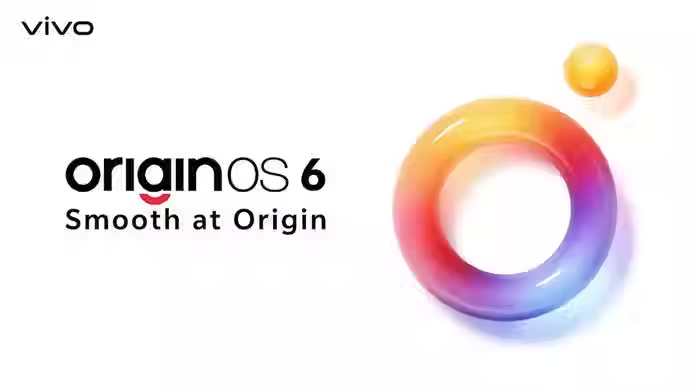Uber Eats Brings Robot Deliveries to the UK: A New Era of Food Delivery Begins
- Androbranch NEWS

- Nov 22, 2025
- 3 min read
Uber Eats is about to step into the future of food delivery with its latest tie-up with Starship Technologies, one of the leading names in sidewalk delivery robots. Customers in the UK's Leeds and Sheffield regions will be in a position to get their meals via compact, self-driving robots rather than traditional delivery partners starting later this year. This marks a major technological leap in the delivery ecosystem and strengthens Uber's ongoing push toward autonomous delivery systems.

It was announced in December that the partnership would make the service available “from select merchants,” then roll out to others. This simply adds another impressive milestone to Uber's autonomous delivery portfolio, considering the company's active exploration of robotics and automation worldwide.
A Growing Network of Autonomous Delivery Partners
Uber Eats has continued to build a varied ecosystem of autonomous delivery technologies. It has engaged with several robotic partners over the years, including Serve Robotics whose robots have been operating in the U.S. for the past couple of years. Earlier this year, Uber also started using Avride’s sidewalk robots in select U.S. markets.
With Starship, the ecosystem gets even richer, adding a company with considerable global presence and proven operational scale. Clearly, Uber exhibits long-term confidence in autonomous delivery systems that seek to make the food delivery experience faster, more efficient, and even futuristic.
Why Starship Technologies Is a Perfect Fit for Uber Eats
These robots navigate sidewalks, pedestrian pathways, and local streets by using cameras, sensors, and navigation systems powered by AI. For Uber Eats, this means more reliable and environmentally friendly solutions for last-mile delivery, especially in busy or congested urban areas.
How the Robot Delivery System Will Work in the UK
Users in Leeds and Sheffield simply order food as usual via the Uber Eats app when the system goes live. If there is an available Starship robot and the delivery location falls within the robot's operation zone, the app will assign the order to a robot. The robot then goes on its way to the pickup location for collection of food and heads to the customer completely autonomously.
Customers will be able to track the robot in real-time, much like human deliveries. When it arrives, users can unlock the secure food compartment using a code generated on the app.
Not only does this set-up guarantee safety, but it also offers a reliable hands-free delivery experience.
Expansion Plans for Europe and the U.S.
Uber has big ambitions for this partnership. After launching in Leeds and Sheffield, the firm will subsequently expand robot-powered deliveries to other European markets in 2026 before expanding into the U.S. in 2027.
This timeline presents Uber's commitment to scaling its robotic delivery operations globally and solidifying autonomous delivery as a mainstream option for customers.
Uber Eats teaming up with Starship Technologies is a massive leap toward the future of food delivery. With thousands of robots already active worldwide and a successful track record in autonomous logistics, Starship brings the perfect mix of efficiency, scale, and innovation.
For users in the UK, particularly those in Leeds and Sheffield, this December marks the start of an exciting new era: one where your favourite takeaway might just arrive in a six-wheeled robot instead of on a bike or scooter. As Uber continues to expand the service to more and more regions over the coming years, sidewalk robots could soon be a common delivery sight for everything from meals to groceries. The future is here, and it's rolling right to your door.













Comments